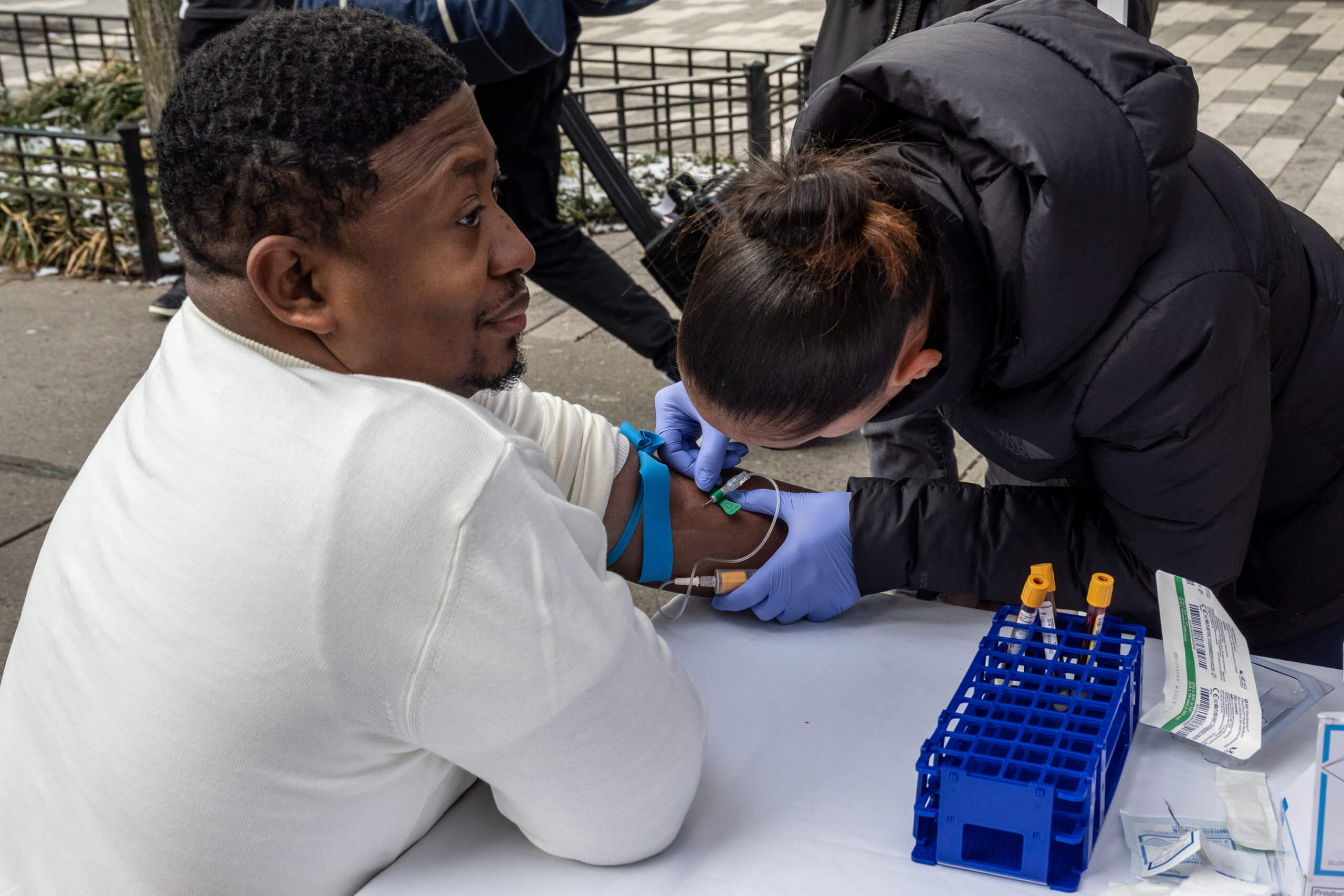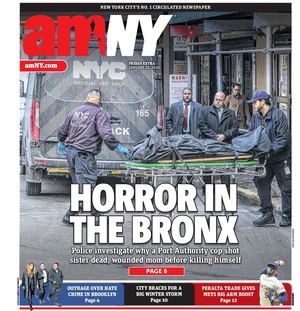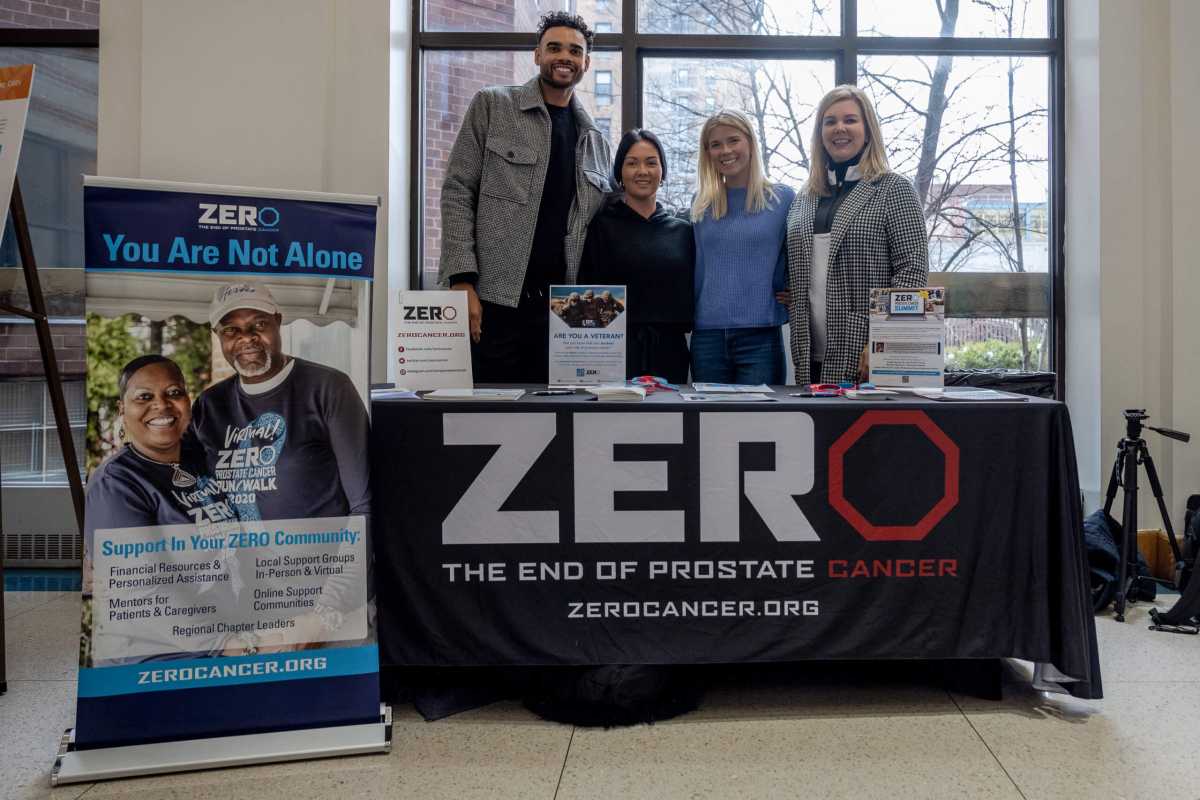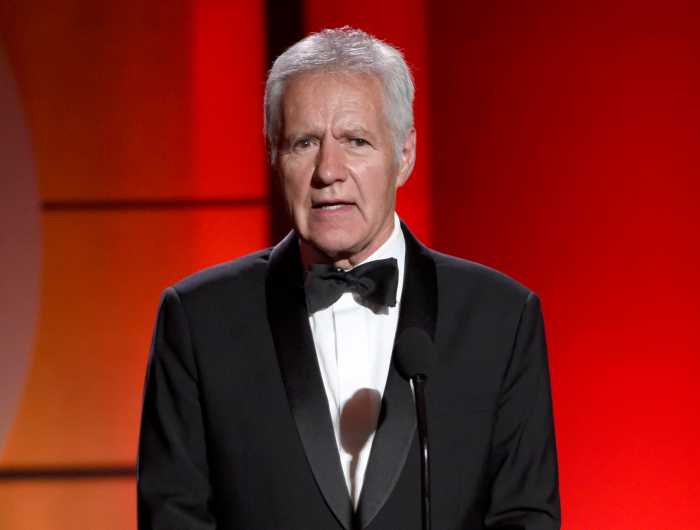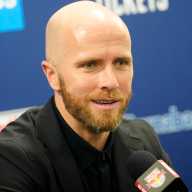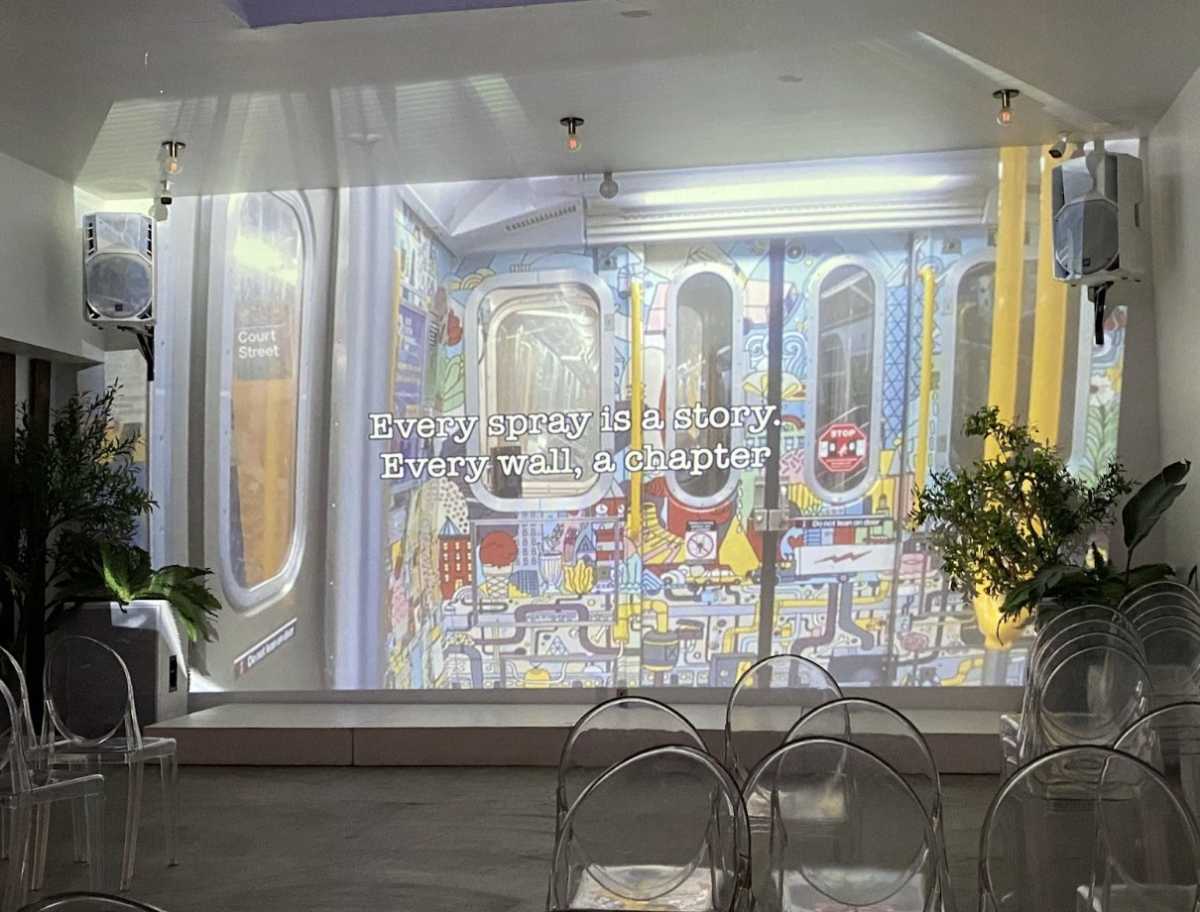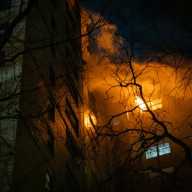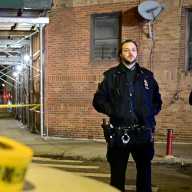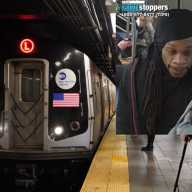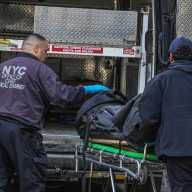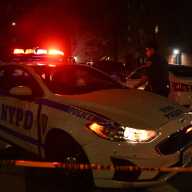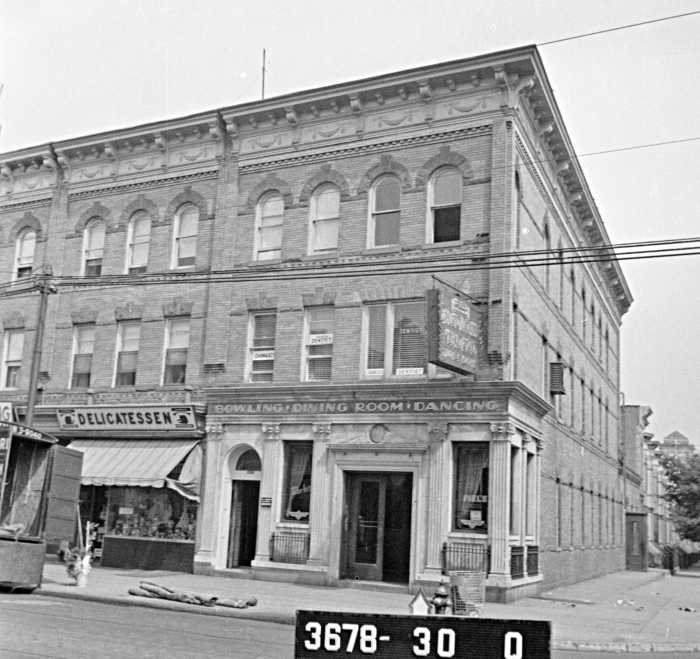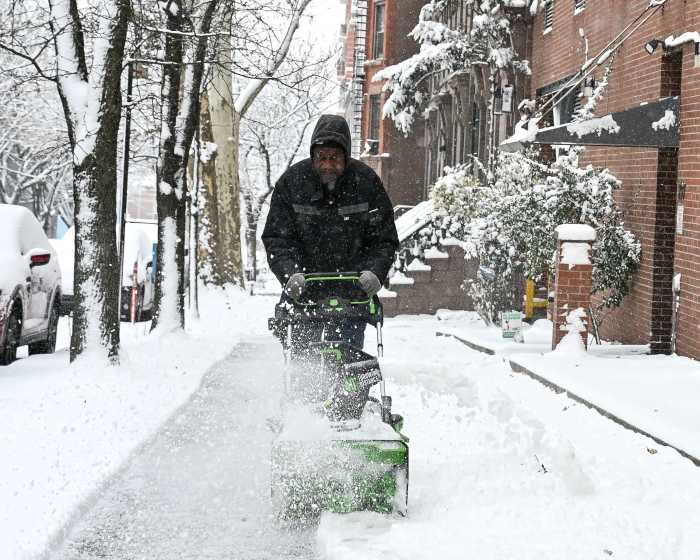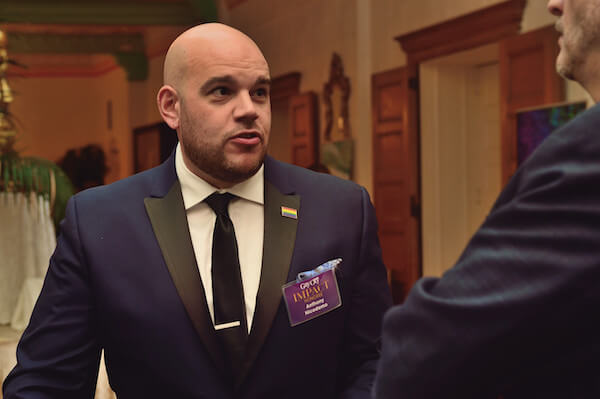In partnership with the ‘Blue Jacket Fashion Show,’ Mount Sinai, and Carver Bank, the nonprofit advocacy group ‘ZERO-The End of Prostate Cancer’ hosted two free prostate cancer screening events for men between the ages of 45 to 79 years on Feb.1.
The first event took place outside the Schomburg Center for Research in Black Culture in Harlem. The second event was held outside the Moonlight Studios in lower Manhattan ahead of the ‘Blue Jacket Fashion Show.’
Even though prostate cancer is the second leading cause of cancer death among American men, many still feel uncomfortable talking about prostate health. Health experts say there still remains a lot of stigma surround prostate cancer screening, which the organizers hope to eradicate with community outreach, especially in Black and Brown communities, since Black and Brown men are 2.1 times more likely to die from the disease than white men.
The American Cancer Society estimates that the U.S. had about 268,490 new cases of prostate cancer with about 34,500 deaths in 2022. If detected early, more than 99% of patients are alive five years after the initial prostate cancer diagnosis.
Chris Bennett, director of Health Equity and Community Organizing and Engagement at Zero, said it was important to normalize the conversation about prostate cancer screening and for men to adopt a more proactive attitude.
“A lot of times we talk about prostate cancer when it’s a little bit too late,” Bennett said. “And then the disease has really progressed to a late stage. So we want to get as involved as we can before.”
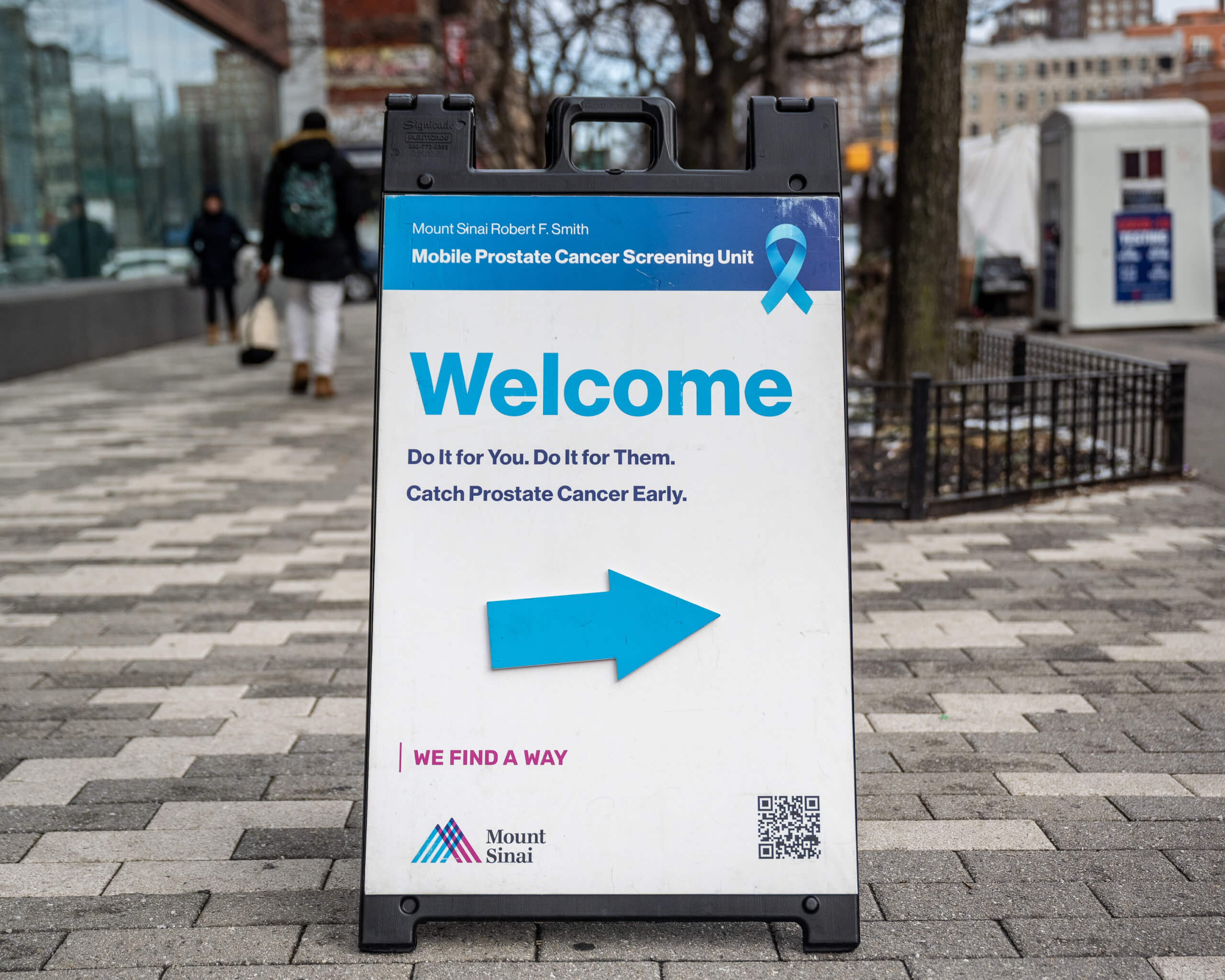
Fashion designer Frederick Anderson founded the Blue Jacket Fashion Show seven years ago because he wanted to draw attention to prostate cancer screening. He said that “men just do not want to talk about it.”
“Men think that if they have prostate issues, they’re sexually kind of malfunctioning,” Anderson said. “It’s just not true anymore. Especially if you get it early.”
Michael Pugh, president of Carver Bancorp, said when he learned about the event, he knew that it was the right cause to get involved in because it provided a chance to get the community to talk about wellness and health.
“When you consider that African American men are more than two times likely to die from prostate cancer, there was an opportunity to support an event like this in the greater Harlem area,” Pugh said.
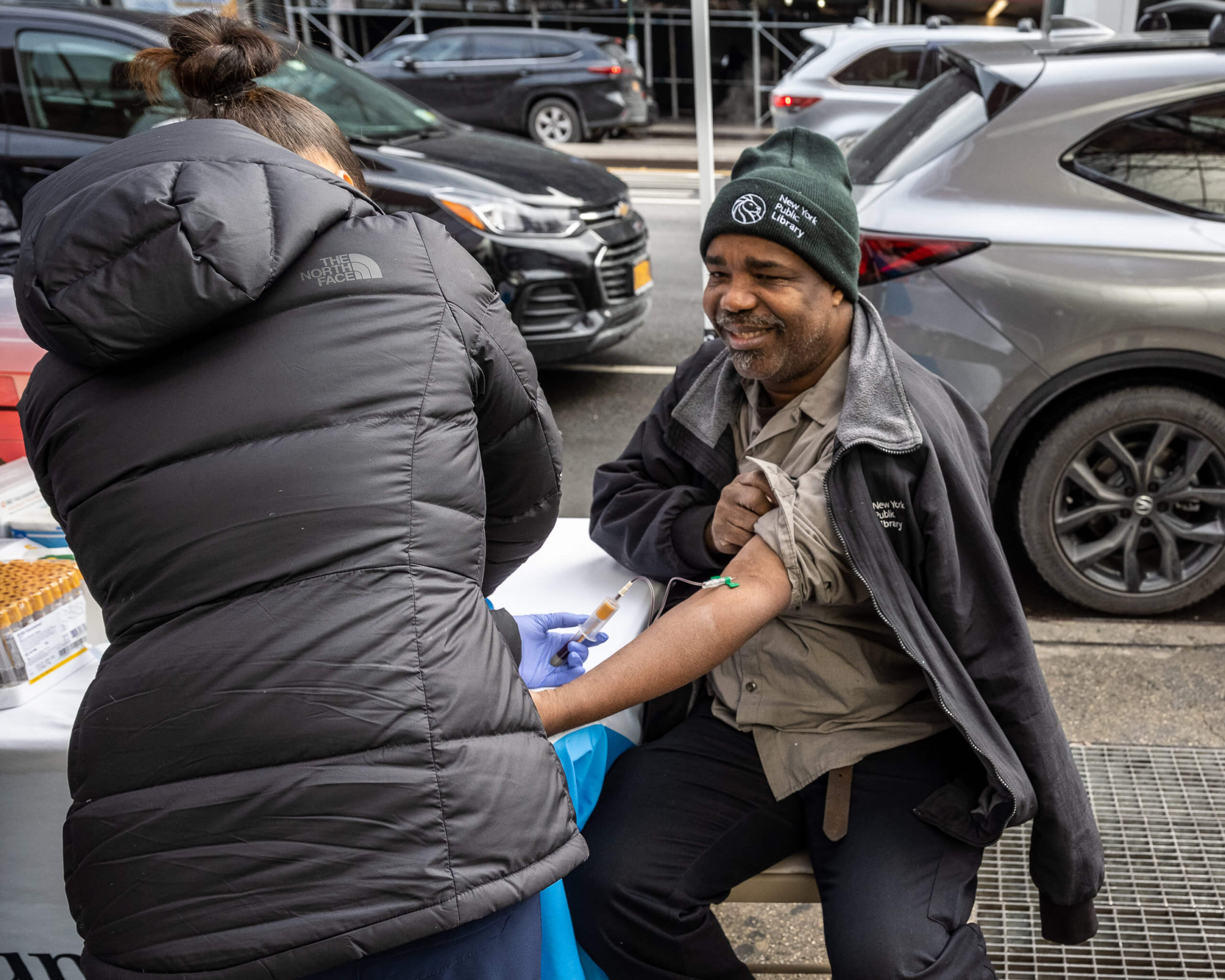
The Mount Sinai Robert F. Smith mobile prostate cancer screening unit for the screenings was scheduled to be on location outside the Schaumberg Center. Due to mechanical difficulties, the unit didn’t make it. However, with some improvisation, men still had the chance to have their blood drawn for a prostate-specific antigen (PSA) screening.
Mount Sinai has screened close to 2,000 men since it launched the unit in April 2022, and 20% of the screened patients had elevated prostate-specific antigens. While elevated PSA levels can increase with age or prostate enlargement, prostate cancer is the main cause of an elevated PSA level.
Yohaira Rojas Guzman, administrative director of the prostate screening program, shared that Mount Sinai wasn’t only aiming for more screenings but also educating men about the importance of yearly check-ups.
“There’s a lot of taboo,” Rojas Guzman said. “The men are uncomfortable, and they think this requires the DRE (digital rectal exam) physical.”
Rojas Guzman explained they encourage patients to have a conversation with their doctors and that PSA bloodwork is the first step.
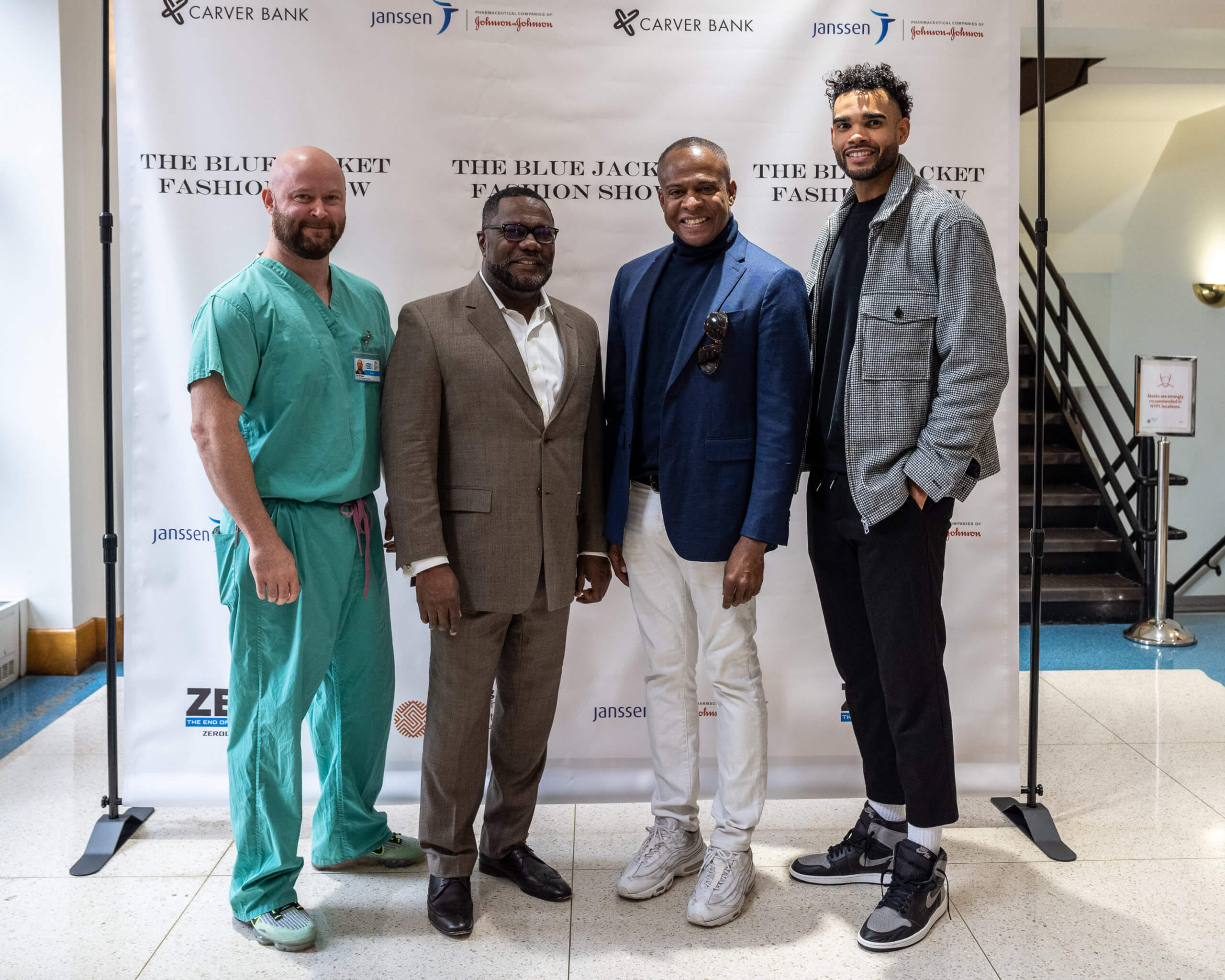
“We do let them know that in the event that the PSA is elevated, we do need them to come in for follow-up work,” Rojas Guzman said. “There’s no escaping a physical exam.”
Sixty-year-old David Christie went for a screening because his father died of prostate cancer.
“I think it’s best for me to check myself to make sure that I’m ok,” Christie said.
Meanwhile, it was the first time for 45-year-old Michael Bowman to get tested for prostate cancer. For him, it was about taking precaution.
“I’m doing it because I’m the proper age of having a test,” Bowman said. “If the results do show up positive, they can take care of it early.”
Bowman also said that he was going to “spread the word” about prostate cancer screening among his family and friends.
“We talk about every other thing, except prostate cancer,” Bowman said. “I’m going to share with them that I had [prostate cancer screening] done. Also, I’m gonna share it with my father. He is 64. He hadn’t had [prostate cancer screening] done.”
